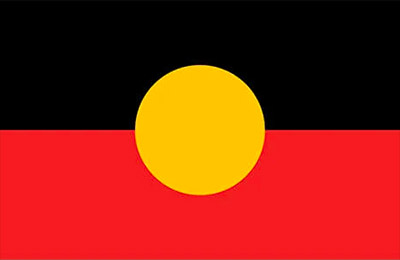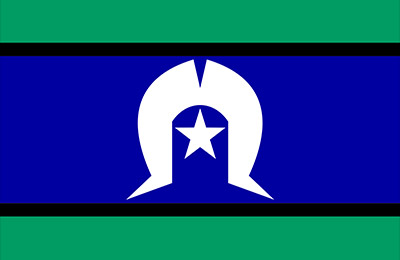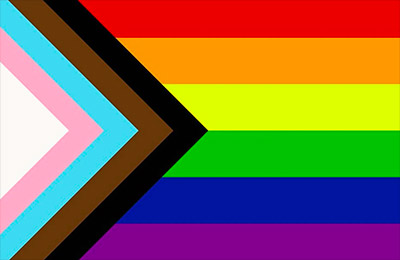The Centre for Women’s Safety and Wellbeing (CWSW) is committed to our work being informed by women with lived experience. CWSW prioritises engagement with women with lived experience to contribute to the prevention and responses to family, domestic and sexual violence. We recognise that victim-survivors hold valuable knowledge and expertise about domestic, family, and sexual violence.
The month of May marked Domestic and Family Violence Prevention Month, an annual initiative to raise community awareness of domestic and family violence. An important way to raise awareness is to listen to victim survivors’ own voice, lived experiences, knowledge, and expertise. Thus, we begin this edition with the voices of women with lived experience of domestic and family violence.
Other articles in this edition include:
Spotlight on alcohol and women’s health (2019).
Reducing harms related to alcohol use in pregnancy: Policy and practice recommendations (2018).
2020 Major Report. The impact of multiple chronic conditions: Findings from the Australian Longitudinal Study on Women’s Health (2020).
A theory of change in sexual and reproductive health for Victorian women (2019).
Does gynecological cancer care meet the needs of Indigenous Australian women? Qualitative interviews with patients and care providers (2019).
Endometriosis in Australia: prevalence and hospitalisations (2019).
The health of Australia’s females (2019).
Domestic violence, risk factors and health (2018).
The current state of women’s health in Australia. Informing the development of the National Women’s Health Strategy 2020–2030 (2018).
The cost of perinatal depression and anxiety in Australia (2019).
Mental health, sexual identity, and interpersonal violence: Findings from the Australian longitudinal Women’s health study (2017).
The Women’s Community Health Network merged with the Women’s Council for Domestic and Family Violence in late 2020 to form the Centre for Women’s Safety and Wellbeing.

The Centre for Women’s Safety and Wellbeing acknowledges Aboriginal and Torres Strait Islander peoples as the Traditional Custodians and first peoples of Australia. We recognise the impacts of colonisation and dispossession and the contemporary disadvantage experienced by Aboriginal and Torres Strait Islander peoples. The Centre for Women’s Safety and Wellbeing is committed to working alongside Aboriginal and Torres Strait Islander women and men to end violence against their women and children in Western Australia.
The Centre for Women’s Safety and Wellbeing acknowledges the strength and resilience of adults, children and young people who have experienced family and domestic violence. We pay respects to those who did not survive and acknowledge the families, friends and communities who have lost loved ones to this preventable and widespread issue. We are committed to ensuring responses to family and domestic violence are informed by lived experience.
The Centre for Women’s Safety and Wellbeing recognises, welcomes and respects people of diverse gender, sex and sexuality. We are committed to greater inclusion of lesbian, gay, bisexual, transgender, intersex and queer people (LGBTIQ).



Use the quick exit button on the top right, or:
On a mac, press ⌘ and W together
On a windows, press Ctrl and W together
To remove all traces of you visiting this website, please clear your browser history.
To learn how to clear your browser history, please click here.